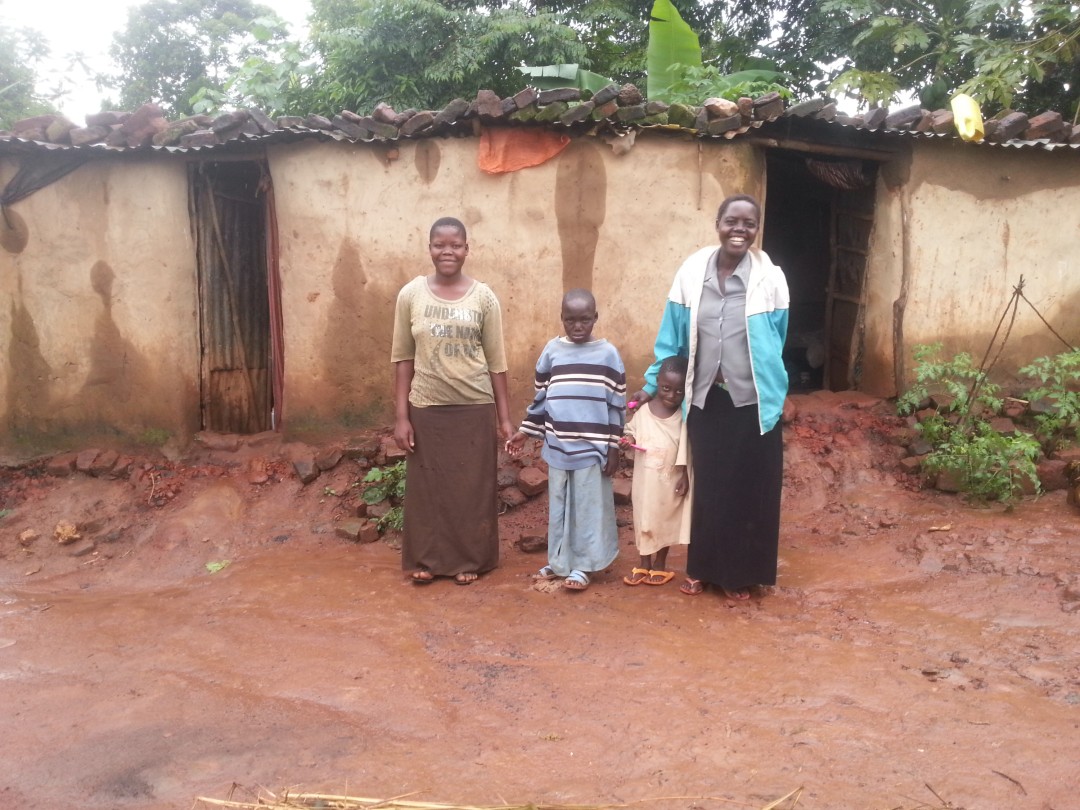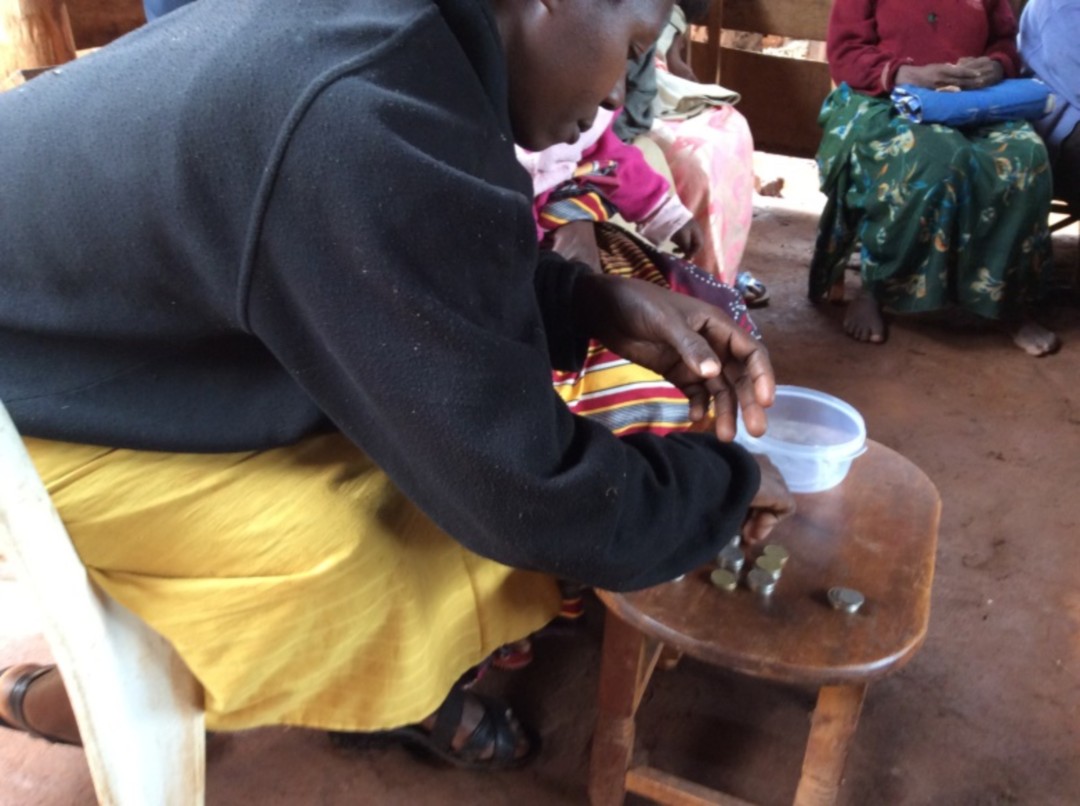Combating extreme poverty
The FXB Village project in Naluko village aimed to enable 80 vulnerable and HIV-affected families (approximately 500 people) to achieve sustainable economic and social self-sufficiency. Beneficiaries were to be provided with livelihood skills training and an in-kind grant to start an income-generating activity. The project included the provision of nutritional support and access to water and medical care, together with a schooling programme enabling out-of-school children to be educated and giving young people access to vocational training. It also aimed to provide children and caregivers with psychosocial support, in the form of individual and group counselling.
By the end of the project, 497 villagers had benefitted from project activities. 96% of families, up from 3%, were able to save $10 each month thanks to the income generating activities they had developed, with 90% accessing microcredits. All of the families reported eating three meals day and 99% had access to a kitchen garden ensuring that none of their children were malnourished. The proportion of births attended by medical staff rose from 14% to 100%. An improved water source was accessible to 98% of the families. Thanks to the FXB schooling programme, 96% of children between the ages of 5 and 17 consistently attended school. All the young people enrolled on the vocational training programme gained employment.
The Swiss association François-Xavier Bagnoud (FXB-International) was founded in 1989. Its mission is to fight poverty and AIDS by helping orphans and vulnerable children affected HIV/AIDS, and by strengthening the social and economic capacities of their families and communities. FXB International is active in Burundi, China, Colombia, India, Mongolia, Uganda, DRC, Rwanda, and Thailand.
Type
Health / Education / Environment / Community DevelopmentDuration
December 2015 – 30 November 2018Location
Naluko Village / UgandaWith whom
FXB International (Association François-Xavier Bagnoud)
Website


Uganda
Population
42.9 million (2017)
Per Capita Income
USD 600/year (2017)
Poverty rate *
21% (2016)
Literacy rate
70% (2016)
Human Development Index
162nd out of 189 countries (2018)
Uganda’s economy has continued to post strong growth, by many developing country standards. It nevertheless remains a very poor country and far from the middle-income status it aspires to. Although the poverty rate has greatly declined from 39% in 2002 to 19% in 2012, the strong population growth has meant that the absolute number of poor people has remained the same. One in three children has no food to eat during the school day and 27% of children under five are stunted. Agriculture accounts for 25% of the country’s GDP and employs 77% of the adult population. However, the productivity of smallholder farmers remains low due to lack of access to services such as credit and insurance and reliance on traditional farming methods.
Sources: World Food Program, UNICEF, World Bank, 2016 Human Development Report, Human Development Indices and Indicators (2018 Statistical Update)
*The percentage of the population living below the national poverty line.